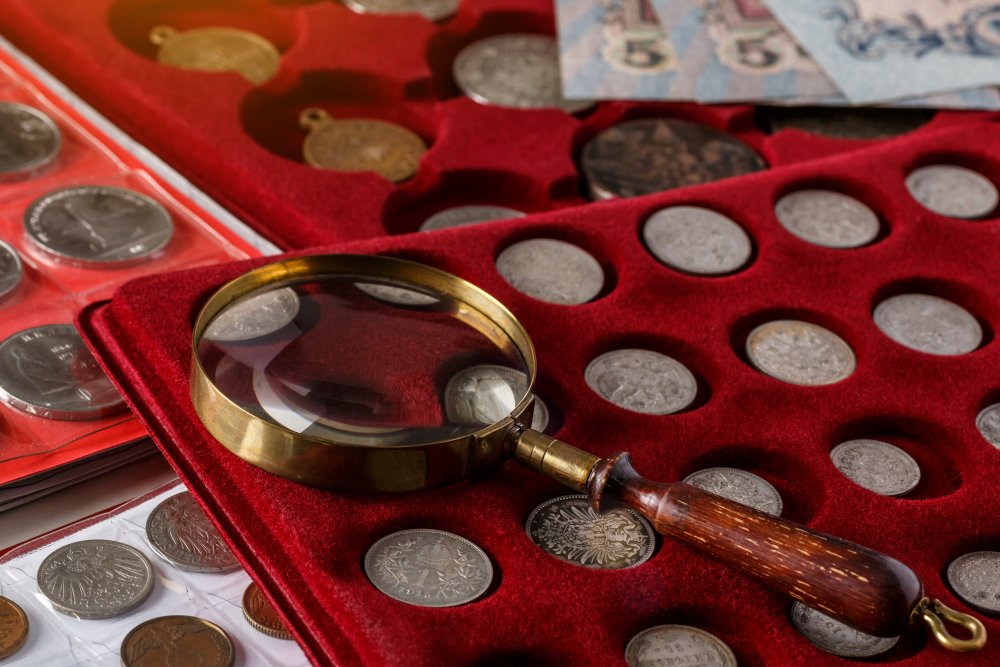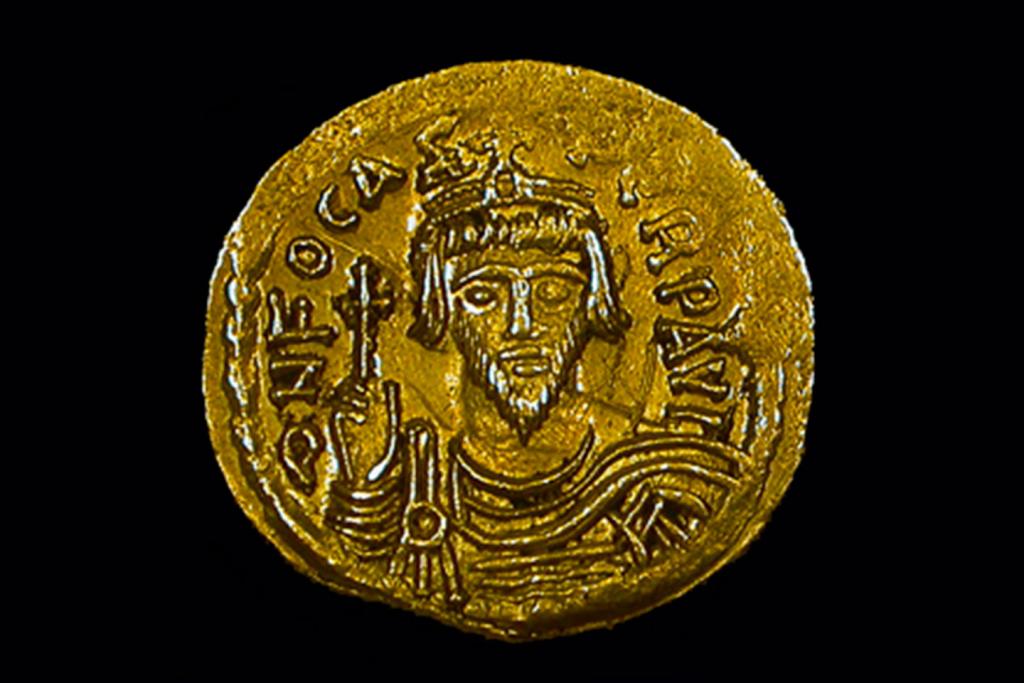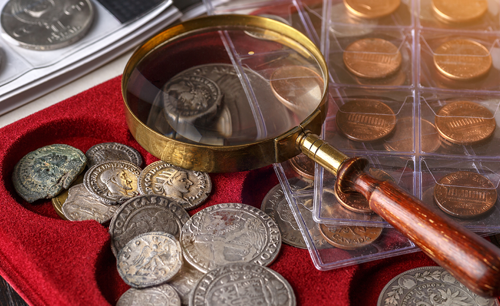Excellent Tips For Picking Currency Society And Silver
Wiki Article
How Can I Research Numismatics With Respect To Regional And Global Associations By Using An Online Database?
For conducting such research, here's a systematic procedure: Here's a method for conducting such a research:Database selection: Pick databases that are specialized in numismatic organizations, such as websites of the largest numismatic societies like the American Numismatic Association(ANA) or the International Numismatic Council(INC) or a regional associations like the Numismatic Association of Australia. Academic repositories and databases such as JSTOR offer access to proceedings of conferences and academic articles.
Define Research Focus: Specify your research objectives. You might be interested in the past of society for numismatics, their activities including regional collaborations, conferences and regional meetings or on particular numismatic topics discussed by these associations. Find out what you're trying to find in order to guide your exploration.
Search Strategy: Utilize keywords like "numismatic associations,"" "global numismatics,"" "regional societies for numismatics," and include specific association names or geographic regions where relevant. You can also use advanced search to filter results by date, document types (such as newsletters of associations or conference papers) and also by geographic area.
Data Collection: Get access to the information on the members, their history, activities, and publications for global and local numismatic association. Details about past and planned research, conferences, and workshops are available. Search databases for information about the members, their leadership and contact info.
Analyze the data in order to determine the impact and significance of both regional and global numismatic associations. Analyze the ways they advance knowledge about numismatics and facilitate international collaborations. They also share their research through publications and conferences.
Cross-Referencing Verify your findings using information from multiple databases and other sources. Examine the projects and activities of various associations to provide an overall picture of the global and regional developments in Numismatics.
Documentation: Ensure that you document your findings in a systematic manner, including the sources and methods you used. Detail the databases that you used, the terms that you looked up, as well as their relevance to your questions.
Keep Up-to-Date: Numismatic organizations develop in time, and the publication of new books, conferences and collaborative projects occurring regularly. Updates on websites of associations, newsletters, scholarly database, and association websites will keep you up-to-date with the most recent developments in numismatics worldwide.
These steps can help you use databases to investigate the field of numismatics in relation to local and global associations. This method allows for a thorough study of the global and regional numismatic field's organizational structure as well as academic activities and collaboration efforts. View the best proof hints for more recommendations including coin blank, banknote authenticity, banknote marketplace, pound, rial, coin engraving, banknote artist, coin expo, half-dollar, coin issue and more.
What Can I Do With An Online Database To Look Up Numismatics Regarding Exhibition And Show Events?
In order to research numismatics in relation to exhibitions and show events and exhibitions, databases are employed. They store details about numismatic events or exhibitions as well as conferences. A systematic approach is offered to aid you in your research. Websites from major numismatic organizations like the American Numismatic Association or online platforms that provide global numismatic events listings.
Define Research Focus: Specify your research objectives. Are you interested to explore upcoming numismatic and past exhibitions Are you interested in conferences focusing on Numismatics? Regional coin shows? Thematic exhibitions or education activities. Find out the best way to assist you.
Search Strategy: Use keywords like "numismatic exhibitions," coin shows," or "numismatic event" and, if applicable, include the names of specific occasions, places, themes, or other relevant information. Use advanced search to filter results by date the event, its kind (such an exhibition or conference) and the geographical location.
Access data on forthcoming and past numismatic shows and other events. Find out information about the event, such as dates, location organizers, themes, special collections featured, participating exhibitors, and associated catalogues or publications. Find databases that permit you to take virtual tours of exhibits as well as other digital content.
Examine data to determine patterns, trends, and educational objectives for numismatic exhibits and events. Evaluation: Evaluate the contribution of different shows and exhibits to promoting awareness of numismatics.
Cross-Referencing: Check your research findings by cross-referencing data across multiple databases, event listings and official websites. This ensures the accuracy and completeness of your research. This also provides a global overview of numismatic exhibit activities.
Documentation: Record your findings in a systematic manner, citing sources and noting methodologies used. Notify the database's name, search terms and relevance of each source to your study.
Keep informed: Numismatics are an ever-changing industry with a continuous flow of events that are new including talks, exhibitions and conferences. For the most up-to-date information on forthcoming events, keep an eye out for updates from numismatic associations and event organizers or special databases.
You can use databases to investigate numismatics related to exhibitions, shows and events using these steps. This approach enables a detailed exploration of the diversity in educational value and scholarly contributions of numismatic exhibitions and other events around the world. Follow the top rated on front page for coin series for website tips including silver, banknote certification, coin society, banknote production, coin expo, uncirculated coins, coin die, currency, historical currency, currency collecting and more.

How Can I Search For Numismatics And Legal Experts On A Database?
To have a method that is structured for conducting this research: A structured approach is provided to assist you in conducting this research. Legal research platforms such as Westlaw as well as LexisNexis are examples, as well with publications from numismatic journals and the numismatic societies and law journals.
Define Research Focus: Specify your research objectives. Are you looking to learn about the legal frameworks and regulations that govern the currency or coinage, numismatic dispute resolution, regulations on coin circulation and production, or understandings, definitions and interpretations of numismatic Authentication and ownership? Find out where you would like to focus your search.
Search Strategy: Add keywords such as "numismatic law," or "legal aspects coinage," or "numismatic conflicts," and include specific legal concepts, such as ownership, authenticity and counterfeiting, if appropriate. You can use advanced search tools to filter results according to date, legal topic (numismatics) and jurisdiction (national or international), and other factors.
Data Collection: Search for relevant legal precedents and legislative text. Find out details, including the summaries of decisions, legal analyses and interpretations of relevant statutes. Also, collect historical perspectives.
Analyze: Understand the legal implications of numismatics by studying the data. Analyze how legal frameworks affect numismatic trade collections management, authentication and collection procedures. Compare different legal interpretations or approaches from different states, historical periods or countries.
Cross-Referencing: Confirm your research findings by cross-referencing data across multiple databases such as legal journals, court records and academic journals. This will ensure accuracy and the completeness of your research. It also gives a comprehensive picture of the legal landscape for Numismatics.
Documentation - Document your findings in a structured manner including sources used as well as the methods you've employed. Note the database's names, search terms and the relevance of each resource to the research question.
Keep up-to-date. Legal interpretations of numismatic numismatics and laws evolve as a result of legislative changes or court decisions. Keep up-to-date by following updates from legal databases as well as numismatic law publications and updates from numismatic societies about legal developments.
These steps will enable you to make use of databases in order to explore the numismatics field with the assistance of experts in the field of law. This allows for in-depth studies of the legal challenges as well as scholarly interpretations and legal frameworks that connect the field of Numismatics. Take a look at the top rated bullion coins for website recommendations including peso, banknote collection, currency dealer, coin display, banknote certification, banknote forum, czech coins, coin minting, coin book, coin pressing and more.

What Can I Do With The Numismatics Database To Research Conservation And Preservation Experts?
Here's how to conduct a structured research on the subject of numismatics. To conduct a study, here's a structure database selection: Choose databases that specialize on conservation and preservation of cultural artifacts including numismatics. Websites of conservation organizations such as the International Institute for Conservation of Historic and Artistic Works, museums' conservation departments and a numismatic publication are examples.
Define Research Focus: Specify your research objectives. Are you seeking information on conservation techniques which are applied to numismatic artifacts, cases research restorations of coins or medals. Do you have an interest in conservation that is preventive or ethical issues relating to conservation of numismatics? Define what you are looking for to reduce your search.
Search strategy: Use keywords that explain conservation methods (such as cleaning and stabilization) or historical periods. Advanced search options allow you to search by date, conservation topic, and case study.
Data collection: Get information on conservation practices and preservation methods used to preserve numismatic objects. You can gather information on the case studies of conservation practices, articles that discuss ways to prevent conservation as well as interviews with experts on conservation, as well as guidelines on how to handle and store collections of numismatics.
Analyze: Examine and comprehend the data to learn about the strategies, challenges, innovations, and innovations in conservation. Examine the effect conservation practices affect numismatic objects, the importance of scientific analysis to conservation decisions, as well as the incorporation of ethical principles into conservation methods.
Cross-Referencing: Verify the accuracy of your research by comparing data from various databases, conservation organization websites, museums' conservation departments and scholarly papers. This approach ensures the accuracy and completion of your study. You will also be able to see the full overview of restoration practices for numismatics.
Documentation: Document your findings systematically by citing sources and highlighting the methods used. Keep track of details on the databases you have accessed, search terms used, and the importance of every source you use to answer your research needs.
Keep up to date: Conservation techniques and preservation standards evolve as technology advances and scientific research. Stay up to date by keeping track of the latest news from conservation organizations, museum conservation departments, and specialized numismatic conservation publications for the most recent developments in the field of numismatic conservation.
Follow these steps to use databases efficiently to study numismatics with conservation and preservation experts. This approach allows for comprehensive examination of the strategies, ethics and contributions made by conservation specialists to preserve objects of numismatic origin. Additionally, it provides insight into challenges and advances in safeguarding cultural assets through conservation practices for numismatics. Take a look at the top coin expo for website tips including banknote dealer, currency forum, banknote artist, currency collecting, currency grading, legal tender, coin holder, coin expo, dime, coin society and more.

What Can I Do With The Numismatics Database For Networking Opportunities?
Investigating numismatics for networking opportunities involves utilizing databases and platforms that facilitate connections among collectors, dealers, scholars, and enthusiasts in the numismatic world. This is a method that can be structured to conduct such study. Selecting a Database: Choose databases and platforms which specialize in numismatic network opportunities. Examples include websites of numismatic societies as well as online forums (such as CoinTalk or Reddit's r/Coins) and social media groups (on Facebook, LinkedIn), and professional networking platforms.
Define Research Focus: Specify your goals for networking. Are you interested in connecting with collectors for sharing experiences and knowledge, working with dealers on acquisitions or sales, collaborating with scholars on research projects, or taking part in numismatic conferences and events? Make sure you know what interests you have to guide your research.
Search Strategy: Include keywords such as "numismatic network", "coin collectors forum", "numismatic social networks" and geographical areas, if applicable. Utilize search functionalities within platforms to locate relevant forums, groups and other events.
Data Collection: Gather information on the opportunities for networking within the numismatics community. Find out more about the descriptions of groups as well as the advantages of being a member (such as discussions, events and other resources) as well as upcoming events (such as auctions) as well as conventions (such as conventions), and profiles on the most influential figures.
Analysis: Analyze information to find networks and opportunities for networking. Examine the participation levels, diversity, frequency, and potential for collaboration of forums and groups.
Cross-Reference: Check the data you've gathered by comparing it to other databases, websites of society for numismatics or social media organizations, as well as professional networking platforms. This will help you to identify networking opportunities in various regions and on different platforms.
Engagement: Actively engage within selected networks by engaging in discussions, sharing information or asking questions and offering expertise. To increase your circle of friends, establish connections with fellow numismatic collectors, dealers, or experts.
Documentation: Keep a detailed record of your networking efforts and the platforms you utilize, groups you join as well as events you attend and the contacts you have established. Keep track of opportunities explored and the results achieved by networking efforts.
By following these guidelines, you will be able to effectively make use of databases to research the role of numismatics when it comes to networking opportunities. With this method, you can expand your personal and professional network within the field of numismatics. You'll be in a position to facilitate interactions, exchanges of ideas as well as participate in activities related to numismatics that enhance your knowledge. See the recommended https://zlatemince.cz/ for site examples including austrian coins, collection, coin issue, coin issue, pound, coin marketplace, currency dealer, banknote printing, banknote rarity, coin expo and more.
